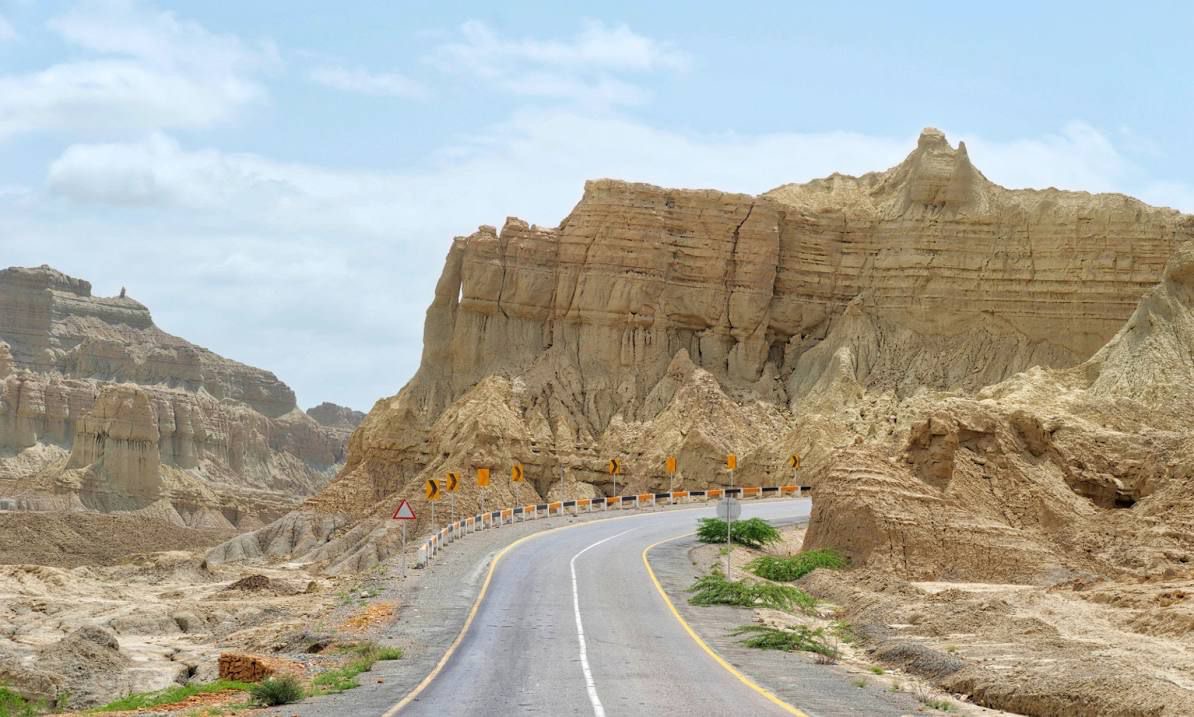
By KAMRAN RAJA:
A former commander of the banned Baloch Liberation Army (BLA) has exposed details of the organization’s armed terrorist separatist campaign. Najibullah, who spent 19 years with the BLA, revealed that foreign agencies have been supporting Baloch sep-aratists. His disclosure marks a significant development in the context of Balochistan’s insur-gency. The BLA has been leading the fight for so-called Baloch rights through violent tactics, including Fidayeen attacks, abductions and targeted strikes against Chinese inter-ests. The BLA’s attacks include the 2018 assault on Chi-nese engineers in Dalbandin and the 2022 suicide bombing targeting Chinese interests in Karachi. Najibullah’s renun-cia-tion of violence and exposé of foreign agencies’ support for Baloch separatists may have significant implications for regional politics and the ongoing insurgency. Najibullah, also known as Darwish, disclosed details about the Ba-loch Liberation Army’s (BLA) armed separatist operations at a press conference. Alongside him, Abdul Rasheed, alias Khuda-i-Dad, also called Kamash, surrendered in Quetta, Balochistan. Both renounced violence and announced their decision to join mainstream politics, committing to a peaceful struggle for Balochistan’s rights within Pakistan’s constitutional framework.
Mir Zahoor Ahmed Buledi, Senior Minister for Planning and Development, Mina Majeed Baloch.
Adviser to the Chief Minister on Sports and Youth Affairs and Aitezaz Ahmed Goraya, DIG Quetta and CTD Chief attended the press conference where Najibullah and Abdul Rasheed made their reve-lations. Najibullah, the former commander of the banned Baloch Liberation Army (BLA), spoke about his involvement with the outlawed group and the Baloch Liberation Front. He detailed how and why he initially joined these organizations, shedding light on the motivations behind his actions. Najibul-lah’s decision to join the BLA and BLF was likely driven by the group’s goals of seeking so-called Balochistan independence and rights for Balochistan people from Pakistan. The BLA, in particular, has been advocating for Baloch self-determination and separation from Pakistan since its inception in
2000. However, Najibul-lah also spoke about the reasons behind his change of heart, which led him to surrender along with his associate. This significant development may indicate a shift in the dynamics of the Baloch separatist movement and will lead towards a betterment of Balochistan development.
It’s worth noting that the BLA has been designated as a banned terrorist organization by Pakistan, China, Iran, the United Kingdom, the United States and the European Union. The group has been involved in various attacks, including those targeting Chinese nationals and security personnel in Balochistan. Najibullah’s statements suggest that the terrorist organisation BLA Ideology and actions were influenced by external forces, which is a serious concern for regional stability. The BLA has been involved in a violent insurgency in Balochistan, targeting Pakistani security forces and Chinese interests, particularly those related to the China-Pakistan Economic Corridor (CPEC). The BLA has ties to other militant groups, including the Balochistan Liberation Front, with which it has considered unification.
However, Najibullah’s defection reflects growing disillusionment among Baloch militants. A former BLA com-mander, he revealed the group’s physical and mental training, which included indoc-trination. Recruited at 14 or 15 due to lack of education, he spent 19 years in militancy before surren-dering, realizing the futility of their cause. His departure underscores how extremist groups exploit vulnerable youth. Now committed to peaceful political engage-ment, he advocates for Baloch rights within Pakistan’s constitutional framework.
Najibullah also revealed that he had been in contact with foreign intelligence agencies, but sur-prisingly, they showed little interest in supporting Baloch independence. This statement suggests that the foreign agencies goals may have been more focused on exploiting the region’s resources for proxy purposes, rather than genuinely supporting the Ba-loch people’s struggle for self-determination. Na-jibullah’s criticism of Baloch extremism group leaders living luxurious lives abroad while their mil itants struggle to survive is a scathing indictment. He pointed out that most BLA group leaders reside outside Pakistan, enjoying comfortable lives, whereas the foot soldiers in Balochistan face extreme hardship, often without basic necessities like food. Najibullah’s defection highlights the disconnect between separatist leaders and their followers, questioning whether they fight for Baloch rights o1 personal power. He warns former com-rades against destabilizing the state, advocating for peace over proxy wars. He notes many young militants seek to leave these groups, reflecting growing disillusion-ment. This shift underscores the complexities of Baloch extremism, driven by economic grievances. political marginalization, and human rights concerns. His message serves as a cautionary tale, urging militants to rethink their path and pursue peaceful means to address Baloch issues within Pakistan’s constitutional framework.